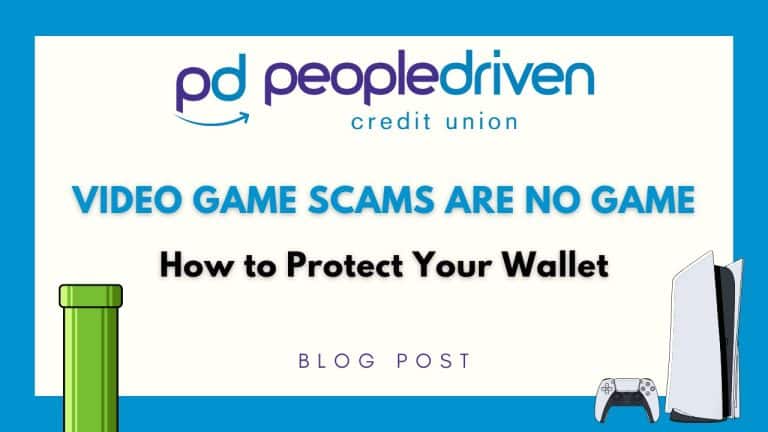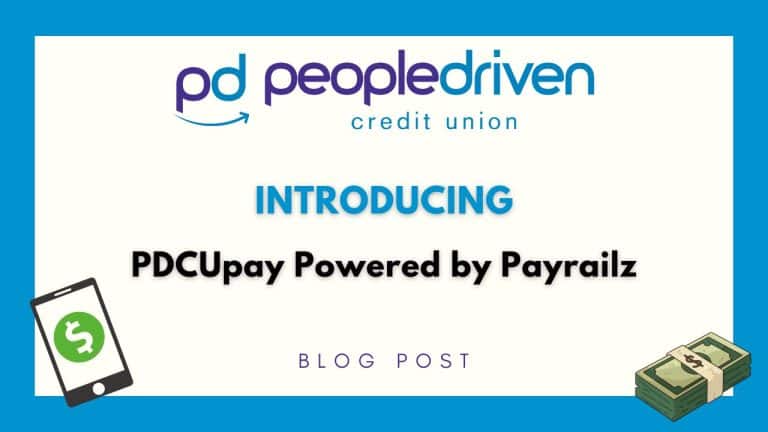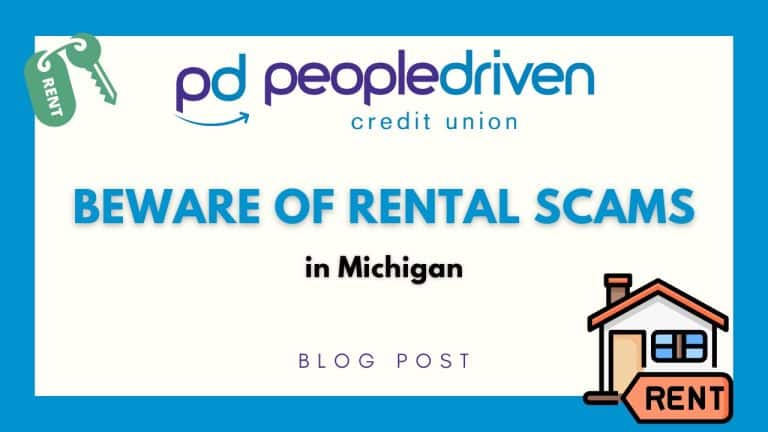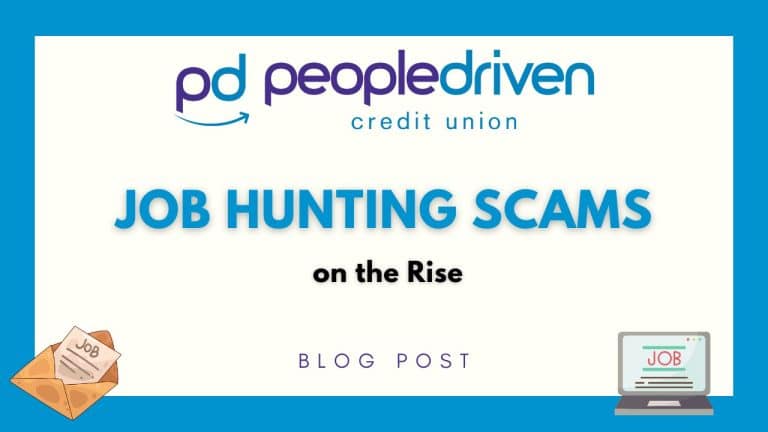Whether you’re buying a used car, selling furniture, or looking for event tickets, online marketplaces like Facebook Marketplace, Craigslist, and OfferUp make it easy to connect. Unfortunately, scammers know that convenience and emotion can cloud judgment. Marketplace fraud has surged nationwide, targeting both buyers and sellers with convincing (and costly) schemes.

Spot Fake Listings Before You Lose Money
Online marketplace scams are on the rise. Learn how to identify fake listings, protect your money, and avoid payment fraud when buying or selling online.
How the Scams Work
Fraudsters use social media and local listing sites to post fake ads or pose as interested buyers. They may claim to be out of town, offer to pay through a third-party service, or ask you to “verify your identity” through a link. Once you click or send funds, the scammer often disappears with your money or your personal information.
Other scams involve counterfeit payment confirmations, fake shipping companies, or requests for prepaid gift cards and peer-to-peer transfers. These tactics happen fast, and victims often realize they’ve been duped only after the funds are gone.
Common Red Flags
- Too good to be true pricing. A “brand new” item listed well below market value is likely fake.
- Pressure to act quickly. Scammers rely on urgency “others are interested” to get you to pay before thinking.
- Unusual payment methods. Be wary of requests for gift cards, wire transfers, or payment apps like Zelle or Venmo with strangers.
- Refusal to meet in person. Legitimate buyers and sellers are usually comfortable meeting in a public place or police station’s Safe Exchange Zone.
- Verification links. Fake links that ask you to “confirm your identity” can instantly steal your credentials.
When It’s Not a Scam, Just Negotiation
Not every frustrating marketplace experience is a scam. It’s common for a buyer to show up in person, look over the item, and suddenly claim they don’t have the full agreed-upon amount of cash. While this tactic can feel deceptive, it’s not illegal it’s just last-minute bargaining.
As a seller, remember you’re under no obligation to lower your price on the spot. You can always politely decline and walk away. Scammers rarely show up in person, so if someone is physically present but pushing for a lower price, it’s probably negotiation not fraud. Stay calm, stay firm, and don’t let pressure override your comfort level.
How to Stay Safe
- Keep communication inside the platform. Avoid switching to text or email until you’re sure the buyer or seller is legitimate.
- Meet in safe, public places. Many police departments offer monitored “Safe Exchange Zones” for marketplace transactions.
- Use secure payment methods. Cash or verified escrow services are best for in-person transactions. Avoid payments that can’t be reversed.
- Trust your instincts. If something feels rushed, inconsistent, or off balance, walk away. A real buyer or seller won’t mind taking a moment to verify details.
If You’ve Been Scammed
Stop communication immediately, take screenshots of your messages, and report the incident to the platform. You can also file a complaint with the Federal Trade Commission (FTC) or the FBI Internet Crime Complaint Center (IC3). If you shared financial information or transferred funds, contact your financial institution right away to protect your accounts.
Stay smart. Stay secure.
People Driven Credit Union encourages members to double-check deals before clicking “send.” A little caution can prevent a big loss.





